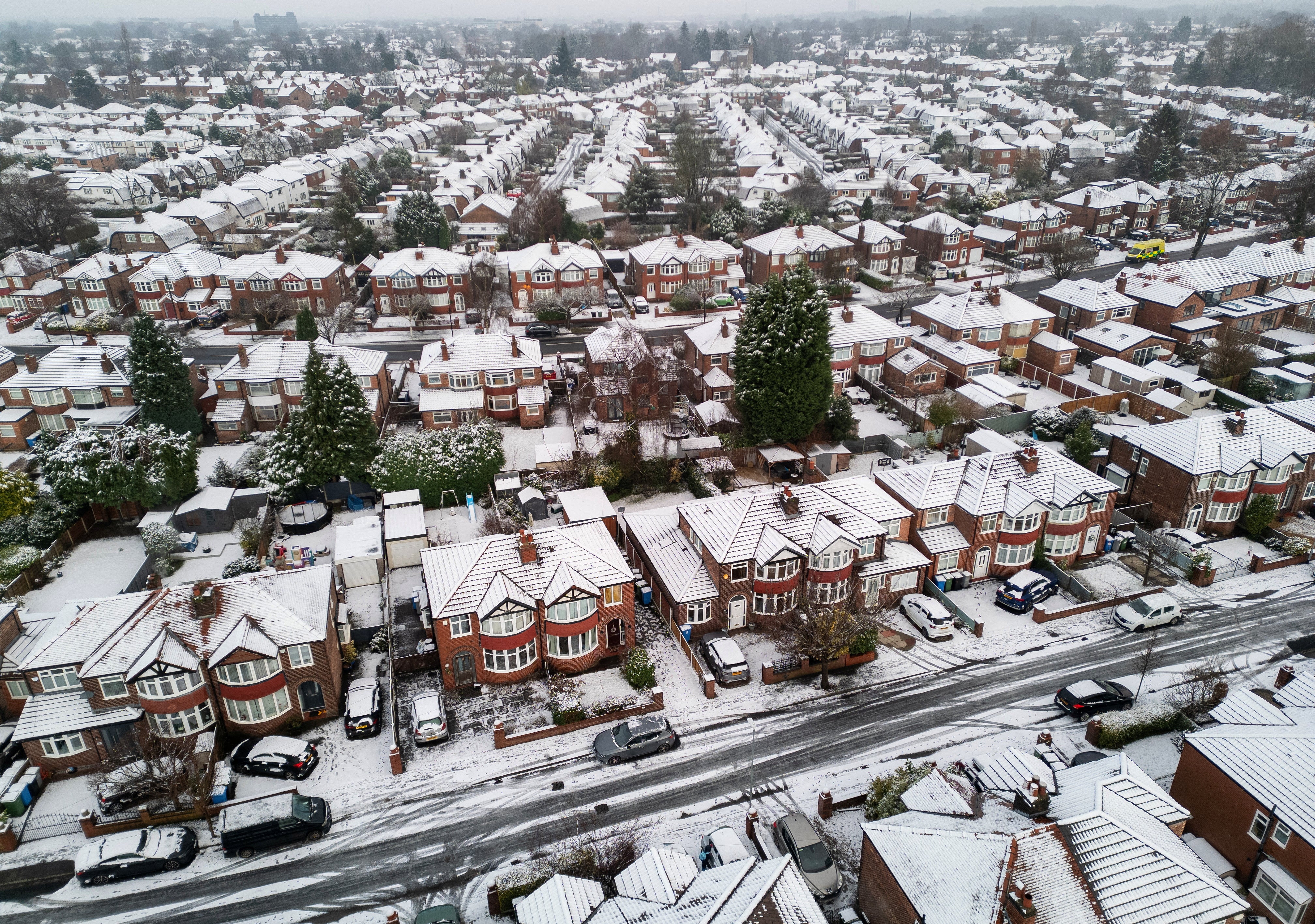
Looming changes to stamp duty will give first-time buyers “greater motivation” to get on the housing ladder, British bank Halifax has said.
The average price of a home in the UK reached nearly £300,000, statistics from the UK’s largest mortgage broker has found. This was up 3.3 per cent over the year, with a slight dip in December.
But from April, the cost of buying a home will increase even more as changes to stamp duty come into effect. Rachel Reeves announced in Labour’s October Budget that the government would not maintain the temporary threshold increase that was introduced in 2022.
Currently, first-time buyers pay no stamp duty when purchasing a home worth up to £425,000 thanks to ‘stamp duty relief’. After this they will pay five per cent on the remaining amount, up to £625,000.

From April, the threshold will drop to £300,000, and the higher amount to £500,000. In both cases, purchasing a property worth more than the higher threshold will remove the relief, and mean standard rates need to be paid.
Figures from Halifax figure the average price of a home at £297,166, slightly higher than calculations from rival lender Nationwide which put the average at £269,426. Both banks use their own mortage statistics to draw the figures. Neither include properties bought with cash in their figures, accounting for a third of all transactions.
Despite the harder conditions to meet for first-time buyers, Halifax’s head of mortgages Amanda Bryden says the coming changes to stamp duty has “given prospective first-time buyers even greater motivation to get on the housing ladder and bring any home-buying plans forward.”
Alongside dropping mortgage rates dropping and growing wages towards the end of 2024, this has see mortgage demand pick up, Ms Bruden says, growing to the highest level in over two years and back to pre-pandemic figures.
However, the banking spokesperson acknowledges that “affordability will remain a challenge for many.” This is exacerbated by a slower than expected decline in the Bank of England’s interest rate following to an unwelcome late 2024 spike in inflation.
There is some expectation amongst analysts that the Bank rate will continue to fall steadily in 2025, which would mean more affordable mortgage rates across the board. However, Andrew Bailey recently told reporters that “the world is too uncertain” to make an accurate prediction.
“I think the path is downward but I really would caution that at this stage, with the amount of uncertainty, we can’t tell you by how much or when particular moves are going to take place,” he said.







